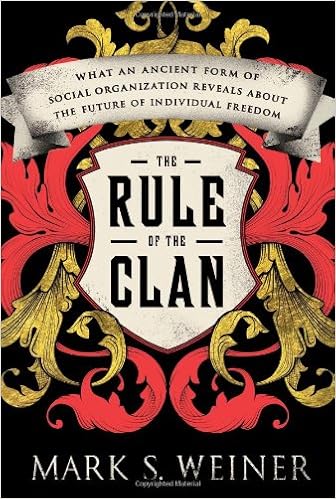Mind-stuff.. and a thought-experiment
Wednesday, May 15th, 2019[ by Charles Cameron — I’m no longer captivated by chyrons, it seems — and for the next week weeks, it’ll be glass bead games at BrownPundits and my extended examination of advertising as magic here ]
.
Mind-stuff.. mind-stuff that grabs my attention is what I’ll deliver here
**
Baghdadi — not meditating — contemplating, perhaps — more mayhem?
**
Another pattern to follow:
It was unclear whether the increase was the result of a shift of Taliban tactics, or just the greatly increased tempo of the war this year, as both sides pushed to improve their positions at the negotiating table.
Taliban Train Sights on Aid Groups, an Ominous Turn in Afghanistan
One thinks — I tend to think — of negotiations as leaning away from warfare and violence and towards peace and reconciliation. My pattern language now needs to encompass negotiations as warfare and violence inducing as well as peace and reconciliation leaning.
For an analytic mind, boggling; for on the ground negotiators, something to bear in mind
**
It’s like our scattered space debris, mind-stuff.
As Patanjali says: Yogas Chitta Vritti Nirodha — Great Silence quiets the mind-stuff..
Ah, well..
I’ll do a post on religions that offer analytic methods shortly..
**
And on that topic —
I have always wondered — I haven’t been here always, but wot the hell, Archie, as Mehitabel would say — always wondered about the parallelism between koans, ie case law precedents in Chan and Zen Buddhist tradition, and case law precedents in Western jurisprudence>
Now my wish gets new life, as I read Jason Giannetti, Koan and Case Law:
The Zen koan comes from the Chinese kung-an, meaning a “public case,” as in a legal matter brought before a judge. There are numerous ways in which these koan could be related to law cases. Very straightforwardly, these are public records, the recorded sayings of the early Chan masters that have been passed down and commented upon, just as there may be public legal cases that have authority as precedent and have been commented upon. The koan encounter could be understood as a judgement by a master upon a student based upon the student’s understanding of the “case.” A third way in which the connection could be understood is that the koan tests the student’s understanding of the Dharma. Dharma has many meanings in Buddhism, but one of those meanings is “law.”
Wheee thanks, Jason!
**
Nancy Pelosi’s “self-impeachable” is both a wonderful ouroboros and nonsense — a contradiction in terms. Trump’s “investigating the investigators” is far more (semantically) interesting. It’s a bit like that card game where you call out “War” or “Snap when you see both cards are the same..
**
I’m keeping an eye out for security implications of climate chamnge, also “climate migrants” which may well become quite a phenomenon:
DoD, FY 2014 Climate Change Adaptation Roadmap DoD, National Security Implications of Climate-related Risks and a Changing Climate World Bank, Groundswell: Preparing for Internal Climate Migration Climate & Security, Activities of Agencies to Address Potential Impact on Global Migration DoD, Report on Effects of a Changing Climate to the Department of Defense Climate & Security, U.S. GAO Issues 2 Reports in 2 Months Covering Climate and Security
**
To wrap up:
I was looking for an ilklustration to go with my weaponized thoughts post, To weaponize metaphors.. thoughts as clothes, clothes as thoughts, and I finally — too late — came across this:
I certainly think that pic could be interpreted as illustrating the assembling and disassembling of thoughts (2nd Amendment, Don’t Tread on Me, Safety First etc) as a function of weaponizing them.
It comes from an (is it?) anti-gun (as if one can be pro- or anti- gun rather than pro- or anti- certain kinds of access) piece titled Thought Experiment: What might the world be like if there were no guns?.
But a thought experiment? That’s a refreshing change from arguments pro- or con!





